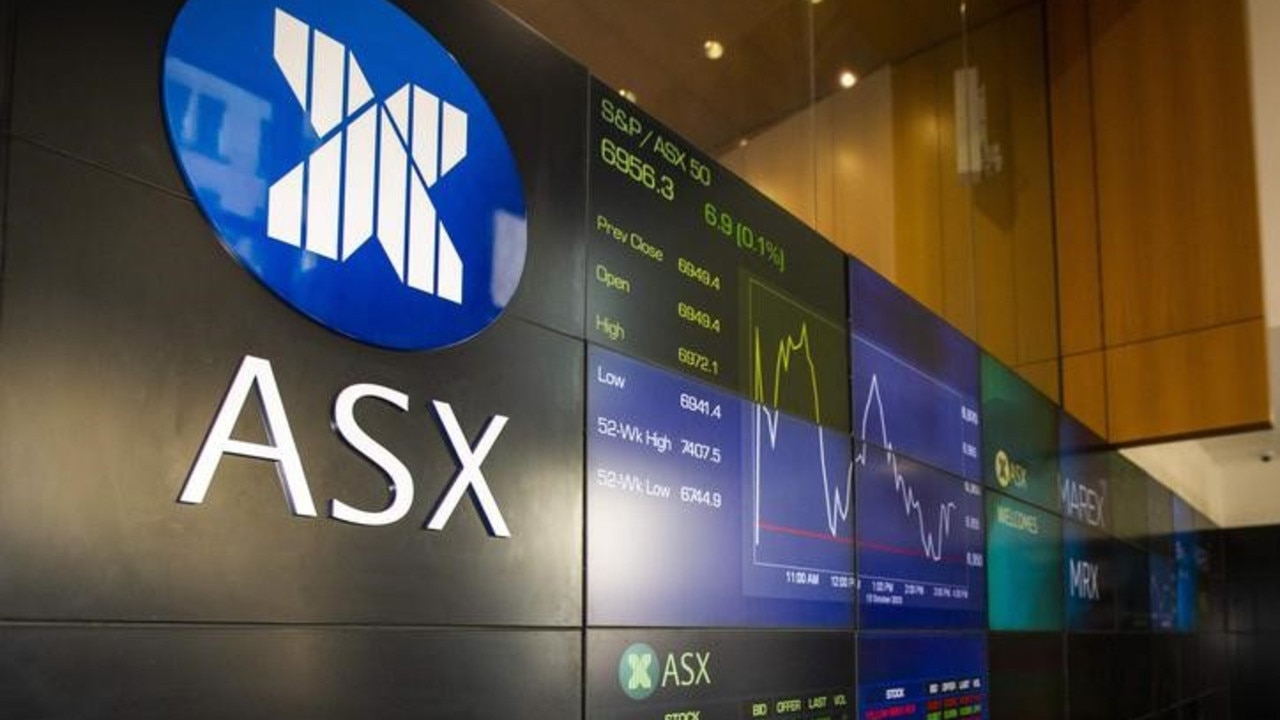Young Australians are fed up working to the bone for impossible home buying dream
Young Aussies getting fed up working themselves to the bone when their savings are being eaten up by rising living costs.
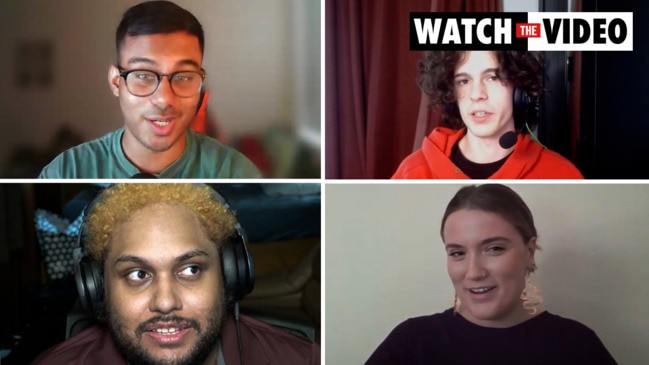
Economy
Don't miss out on the headlines from Economy. Followed categories will be added to My News.
The Australian dream of buying a home is fading for many young people who are becoming fed up working themselves to the bone when their savings are eaten up by rising living costs.
With sky-high house prices across the country, some young people are wondering whether there is a point to working hard or chasing high-paying jobs without a guarantee they could save for a house deposit.

Even with the help of slowing property price rises, reports show it could take more than a decade to save for a 20 per cent deposit to purchase a home.
In Sydney alone, it would take a whopping 17.5 years, Hobart 13.7 years, Brisbane 13.2 years, and Melbourne 12.8 years, according to 2022 data from investment bank Barrenjoey.
Australian Youth Affairs Coalition (AYAC) chief executive Luke Rycken says the current economic circumstances are crumbling the long-held belief that buying a house is the reward for a life of hard work.
“The ability to afford a home has changed for a lot of young people,” he said.
“People can no longer afford to buy a home, but we’ve not really had a discussion about what that means. And we haven’t stopped to think about what people want.”

Mr Rycken said although many have resigned themselves to a life of renting, it is not because they do not want to become property owners.
“They still want to own a home, but the reality is it’s more affordable to rent a home. The housing market just isn’t allowing them to (buy), and it’s down to a few things,” he said, specifically rising costs of living, house prices, and slow wage increases.
“The reality is house prices have risen faster than wage increases,” he continued.
“Out of the pandemic, wages did not keep up with inflation, which meant people were struggling to afford basics which makes it impossible to save up for a (house) deposit.
“We’re not seeing people not saving because of avocado toast, because they can’t buy groceries or petrol, they can barely afford rent.”

Properties in capital cities now cost 13 per cent more to rent than a year ago, while those in regional areas have jumped by 9 per cent, according to the latest data from PropTrack.
That data also shows the annual growth in Australian unit rent costs has overtaken house rents (11.6 per cent growth to 10.4 per cent, respectively)
The median weekly rent on a house in Sydney will cost $650 (up 8.3 per cent), $480 in Melbourne (up 6.7 per cent), and $550 in Brisbane (up 11.1 per cent).
Meanwhile, the median weekly rent on a unit in Sydney rose to $550 (up 10 per cent), $450 in Melbourne (12.8 per cent), $465 in Brisbane (up 10.7 per cent).
But the latest earnings report from the Australian Bureau of Statistics revealed that the average full-time worker makes $1807.70 a week, week, or $94,000 a year (pre-tax).
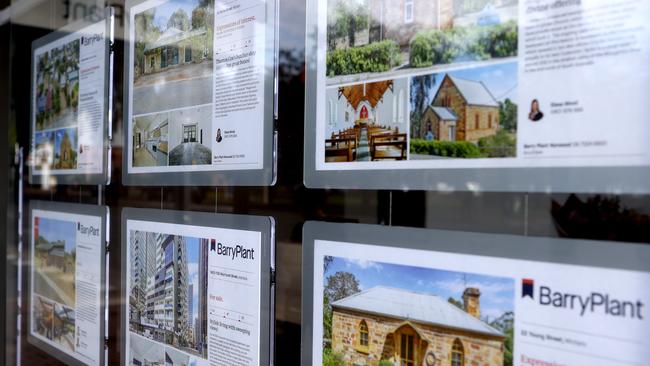
Auction prices have also continued to climb across the country. The latest CoreLogic Home Value Index puts the national median price of a house at $704,723, and a unit at $591,965.
The median Sydney house will cost $1,014,393 to buy – the most expensive of the capital cities – followed by Canberra ($828,175), Melbourne ($747,322), and Brisbane ($698, 071).
The median cost of a unit, though, in Sydney is $776,780, followed by Canberra ($595,998), Melbourne ($588,528), and Hobart ($523,095)
Based on those prices, Sydney house hunters would need to save a 20 per cent deposit of almost $203,000 for a median-priced home – more than double the median annual salary.
Add on massive mortgage repayments and the hidden costs before and after buying a home, no wonder young people are resigning themselves to renting.
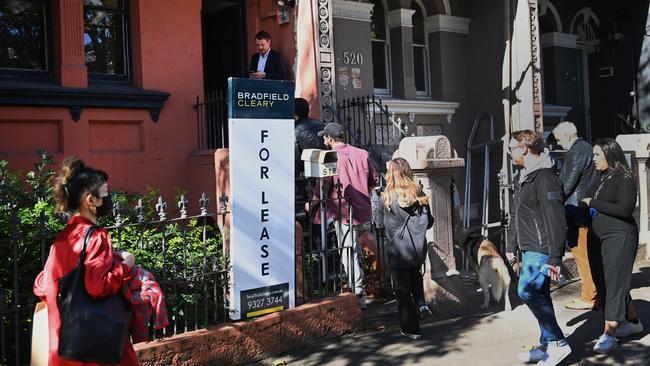
Elarna Spinks and her partner Luke are among thousands of young Aussies who have had enough of working themselves ragged to keep up with living costs and trying to save for a home.
Ms Spinks quit her full-time job in March as a store manager for a high street fashion label, telling the Daily Mail she was “going crazy” working hours of unpaid overtime with not receiving penalty rates for night or weekend work to make ends meet.
But despite the success of her dress hire business – which can sometimes rake in more than $15,000 some months, the publicationreports – and Luke’s electrician paycheck, the couple are still spending more than the ‘safe’ 30 per cent of their income on rent.
“But just to be able to afford a deposit for a house, that’s more than a year’s wage,” Ms Spinks said.
“With the cost of living and other expenses it just doesn’t work out that we can save enough for deposit if we want to be living near our family.”
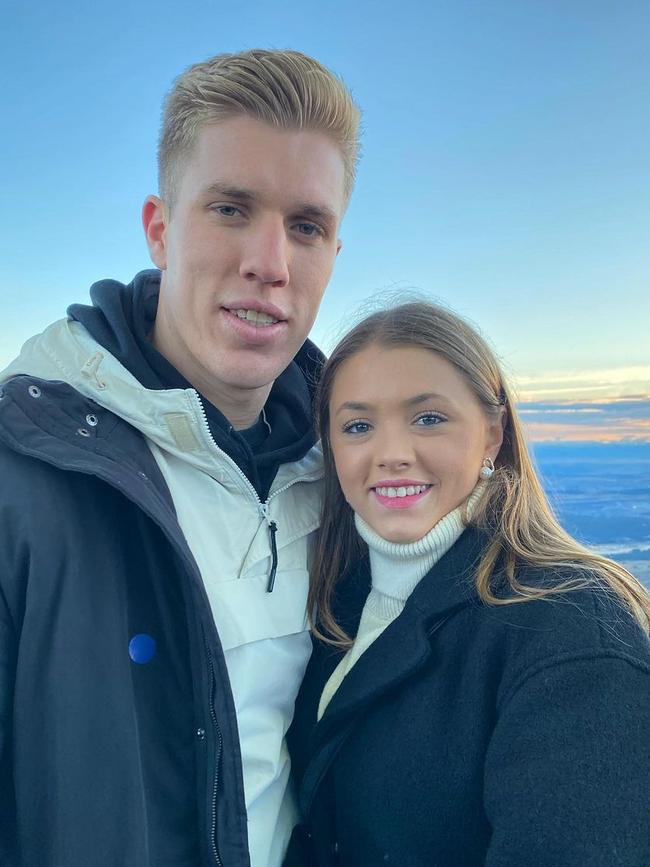
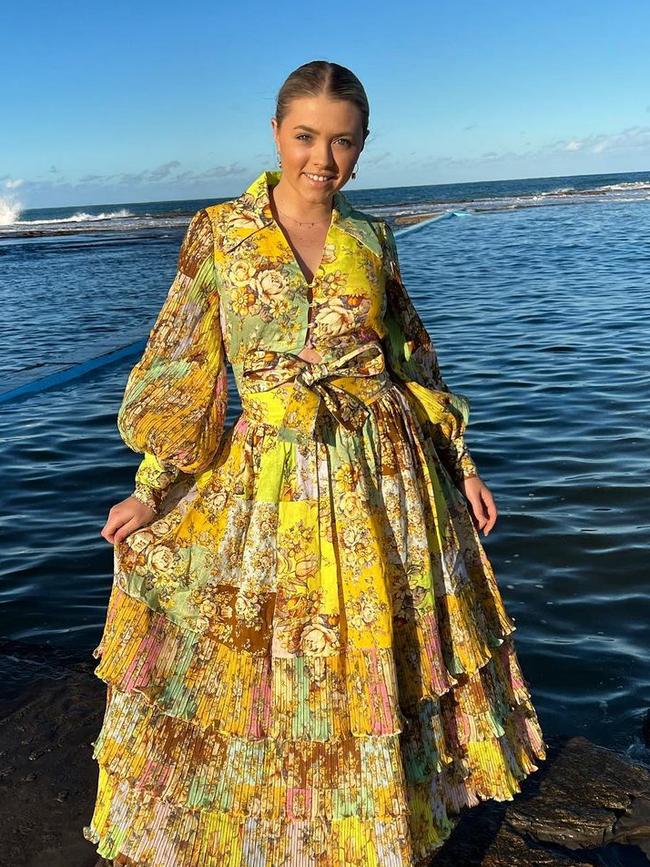
And the couple are not alone, a coalition of welfare and housing advocacy organisations behind the ‘Everybody’s Home’ campaign has found essential workers are being “priced out” of the market.
Many, the report found, spend about two-thirds of their income on housing.
Early childhood educators, aged care workers, and cleaners are among the worst effected, and people on the lowest award rates are being left with only around $20 a day after paying rent, based on the capital city average, according to the report.
The AYAC has found cost of living to be a “major policy concern” for the majority of young people across the country. But, Mr Rycken said young people were not being “soft” or simply “giving up”.
“Today’s young people are more educated and are working incredibly hard, but the circumstances are even more incredibly challenging,” he said.
The AYAC has met with major parties and the crossbench since the start of the year to share their research and demand government policy “do better to address the cost of living crisis” in areas pertinent to young people, not just for established Australians needing, for instance, cheaper childcare.
“Our evidence was very hard to refute,” My Rycken said.
“What we want to see is more action from government and more policies from the Opposition that would address cost of living for young people. We want them (all) to create policies around rental affordability, Youth Allowance, increased wages, reduced education costs, but we haven’t seen that yet.”
Originally published as Young Australians are fed up working to the bone for impossible home buying dream




